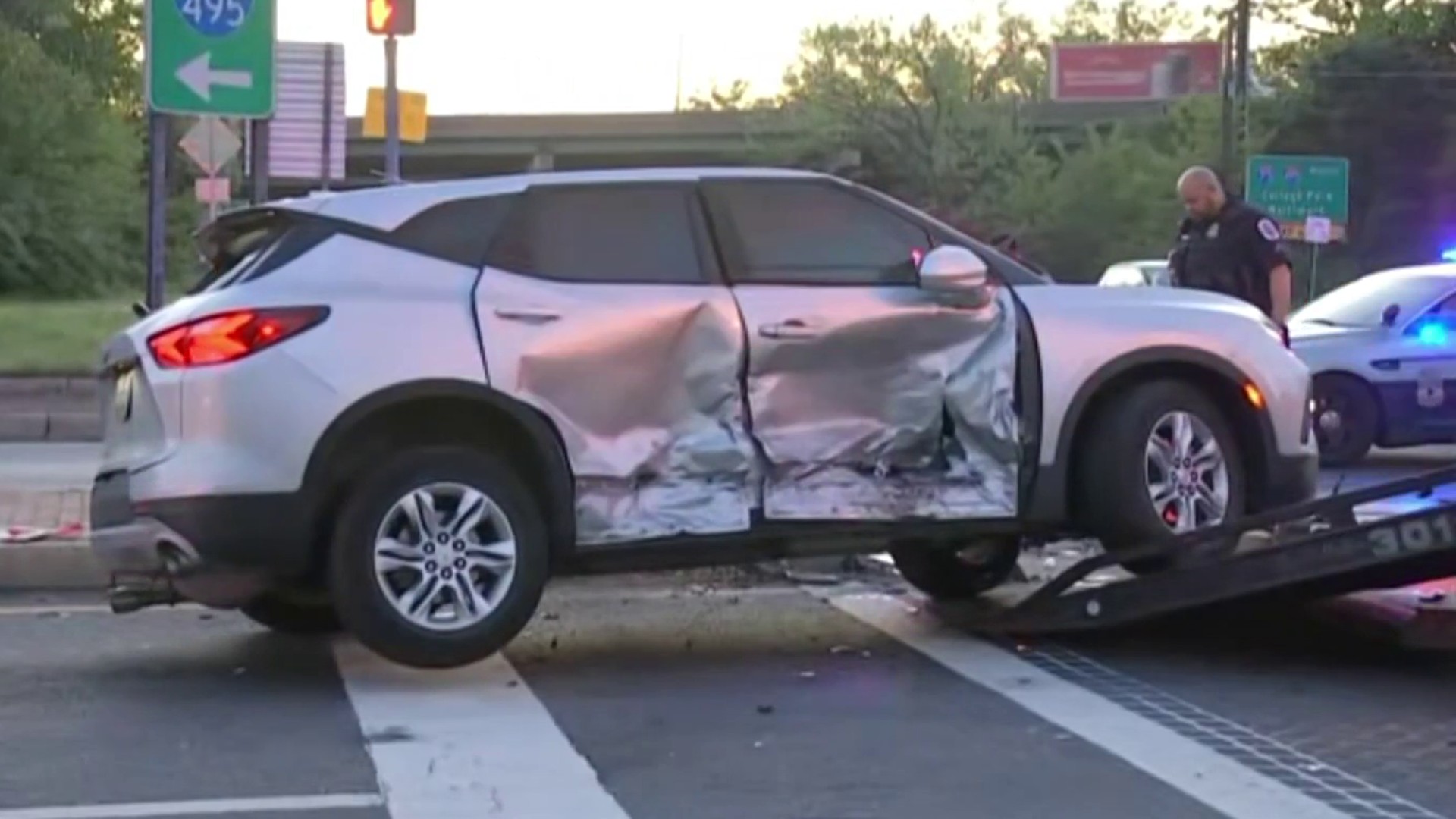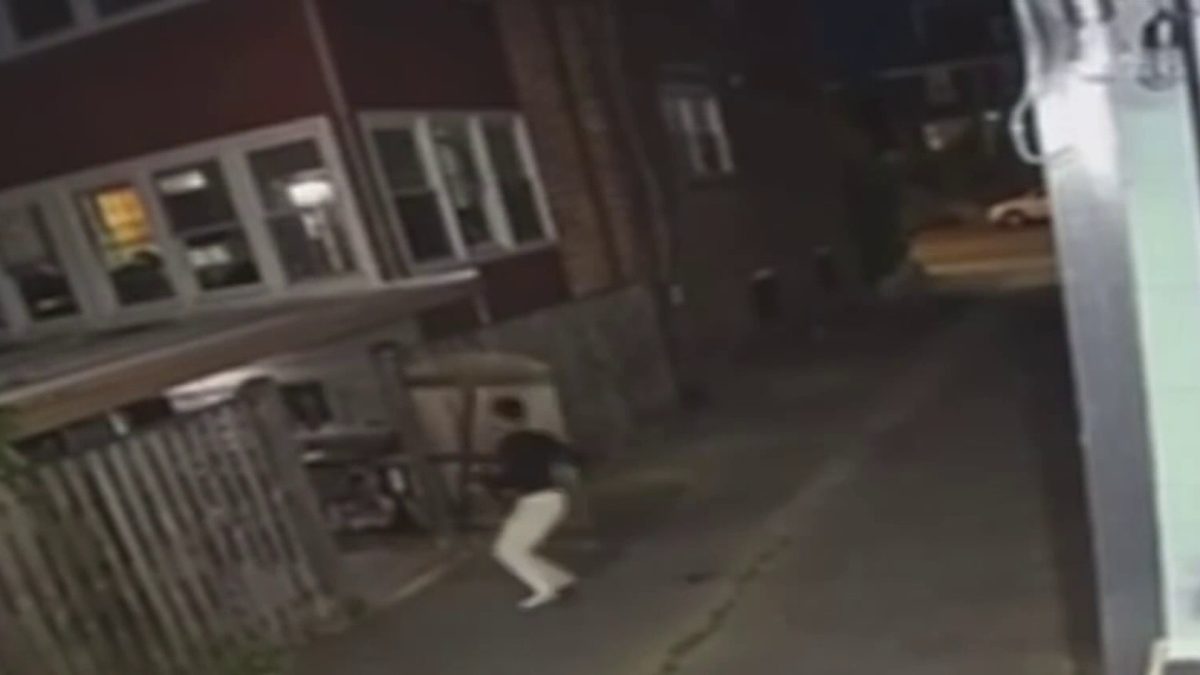Virginia is postponing its congressional primaries in June and trying to improve its collection of racial data about coronavirus patients.
Gov. Ralph Northam also recommended the General Assembly move local and special elections scheduled for May 5 to Nov. 3.
"This is about protecting the health and safety of Virginians during this pandemic and ensuring our citizens can make their voices heard in a safe, fair, and uniform manner," Northam said. "I urge the General Assembly to do their part and take action to move our upcoming elections.”
Northam recommended one ballot in November and discarding absentee ballots already cast. Anyone who isn’t qualified to vote in May but will be in November would be allowed to vote.
Elected officials whose terms are set to expire June 30 would remain in office.
“No one should have to choose between protecting their health and casting their ballot,” Northam said.
As governor, Northam has the authority to postpone the June 9 primaries up to two weeks.
Local
Washington, D.C., Maryland and Virginia local news, events and information
Virginia has no marquee primary elections this year. The biggest race affected will be the Republican primary for U.S. Senate, though there are no well-known candidates looking to challenge Democratic incumbent Sen. Mark Warner.
Northam also said Virginia needs to do a better job tracking racial demographic data of coronavirus cases.
Virginia State Health Commissioner Dr. M. Norman Oliver said the commonwealth does not have race and ethnicity data for 53% of its patients.
He is encouraging all clinicians to include that data when reporting cases.
Of the racial data that has been collected, 28% of cases have been African-Americans and 12% have been Latinx. Of the deaths, 14 have been African-American, or 18.7 %, and three have been Latinx, or 4%.
Because fewer than half of the cases have racial data, those numbers could be underestimates, Oliver said. Data on deaths can be backfilled once death certificates are filed.
Historically, African-Americans have made up 20% of Virginia’s population, Oliver said.
Oliver cited social inequities like lack of access to health care, living in close quarters, and underlying health issues like diabetes and hypertension as making minorities more vulnerable to the coronavirus. He also noted minorities are concentrated in essential industries without telework options.
Northam said the state is trying to be “very aggressive” in isolating nursing home residents who have the virus, but said several factors — including a shortage of timely testing — are making the problem worse.
Northam also announced that Virginia would start allowing restaurants to sell mixed drinks in addition to beer and wine for takeout and delivery. Northam has ordered many businesses, including restaurants, and places of worship to either close or dramatically alter their operations to try and mitigate the spread of the virus.
Some of those actions are now facing legal challenges. A judge in Russell County in far southwest Virginia is scheduled to hear arguments Thursday in a case that seeks a religious exemption to the stay-home order for Easter services. Attorney General Mark Herring’s office is defending the governor’s authority to impose the ban.
Two other lawsuits have been filed in federal court in Alexandria. One was filed by a practicing Catholic who says the inability to receive sacraments, especially in the week leading up to Easter, infringes on his constitutional rights; the other challenges Northam’s authority for the executive order in its entirety.
Also Wednesday, Shenandoah National Park announced it was temporarily closing after receiving a request from the Virginia Department of Health.
Virginia has 3,645 cases of the coronavirus, an increase of 312 over Tuesday, and 75 deaths, an increase of 12, Oliver said.
The Virginia Department of Health includes probable cases in its county-level data. For the state total NBC Washington is only including confirmed cases.



